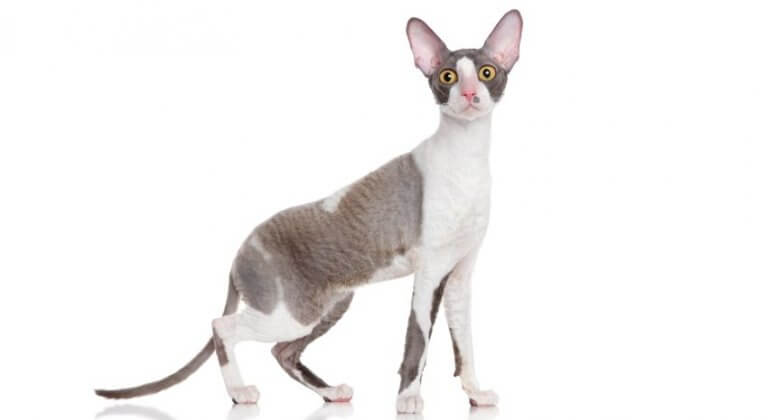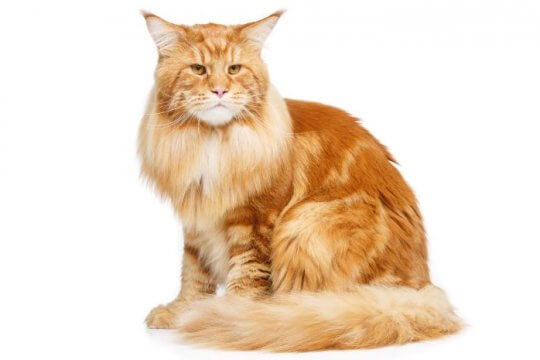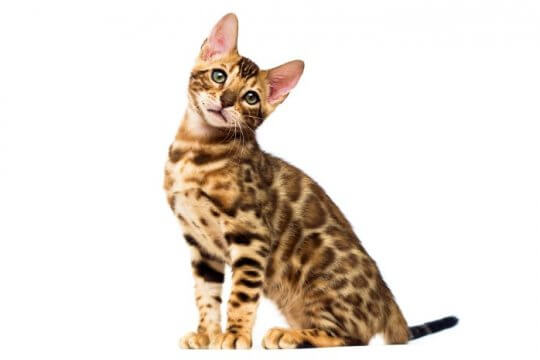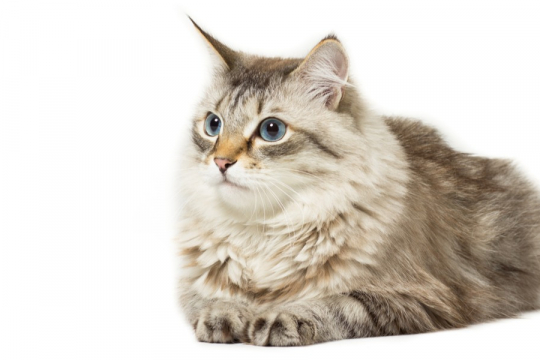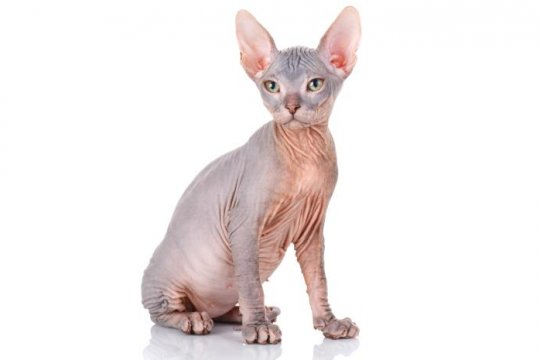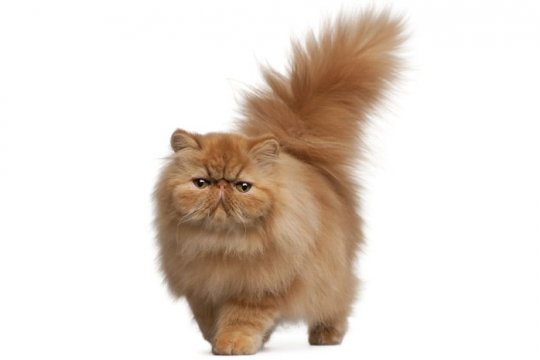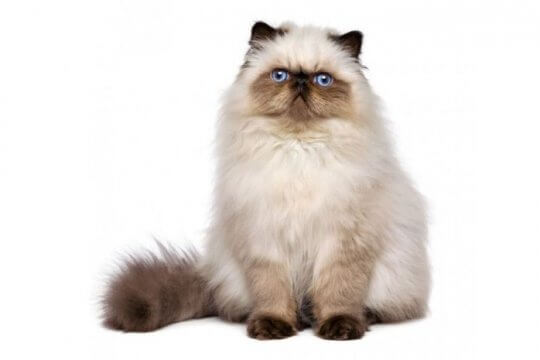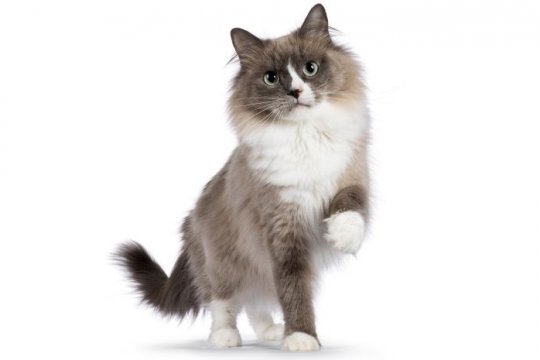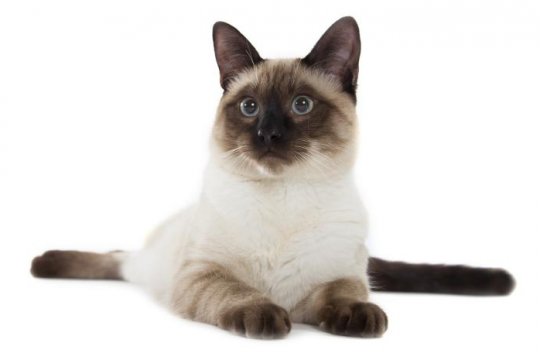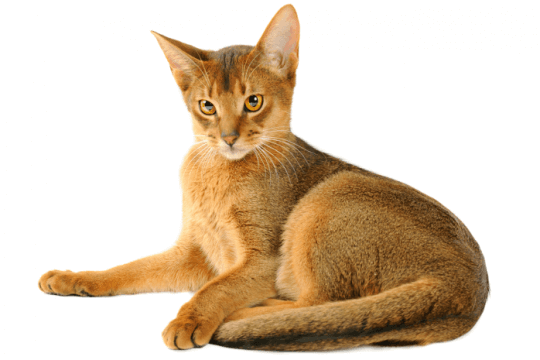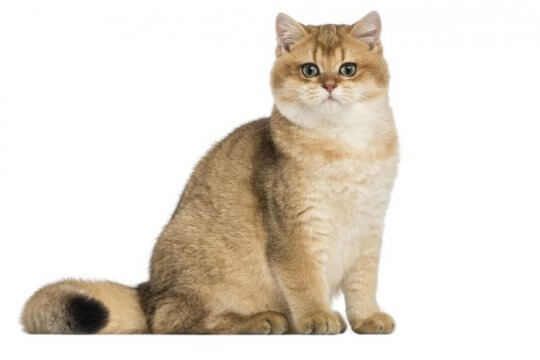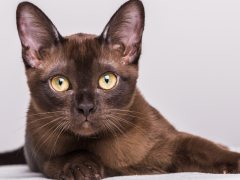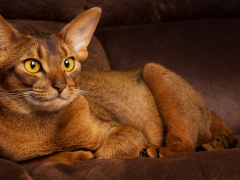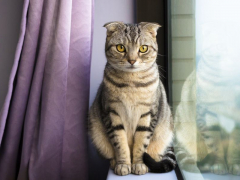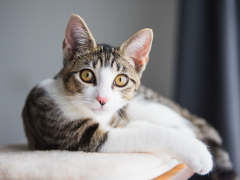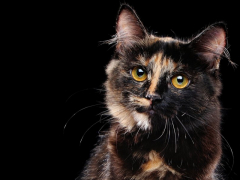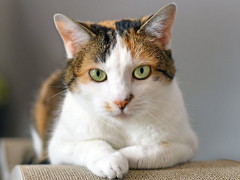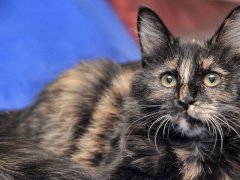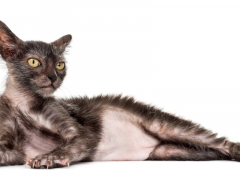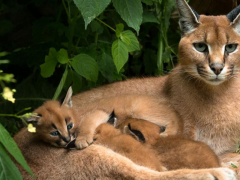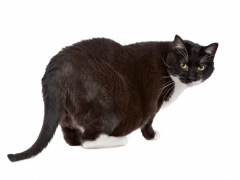Personality and Temperament
With their soft, curly coats and slim, elegant frames, Cornish Rex cats are completely different from other breeds. These delightful cats require a little bit of special care to keep their velvety fur in tip-top shape; in return, they offer their owners an abundance of affection. Cornish Rex cats are playful and active, with extroverted personalities.
They love to be in the middle of everything, and they have a tendency to make friends with everyone they encounter. If you're looking for a lap cat, you're in luck! The Cornish Rex loves to cuddle—partly because their short, downy coat simply doesn't hold much heat and partly because the breed is exceptionally sociable.
Because their coat doesn't offer much protection from UV rays from the sun in the summer or keep them warm in the winter, Cornish Rex cats should live indoors. Even inside, they might appreciate a warm sweater in the coldest winter months.
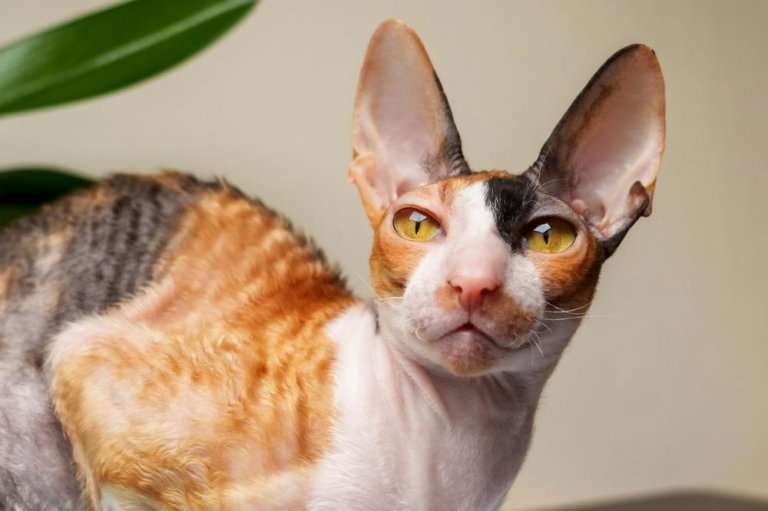
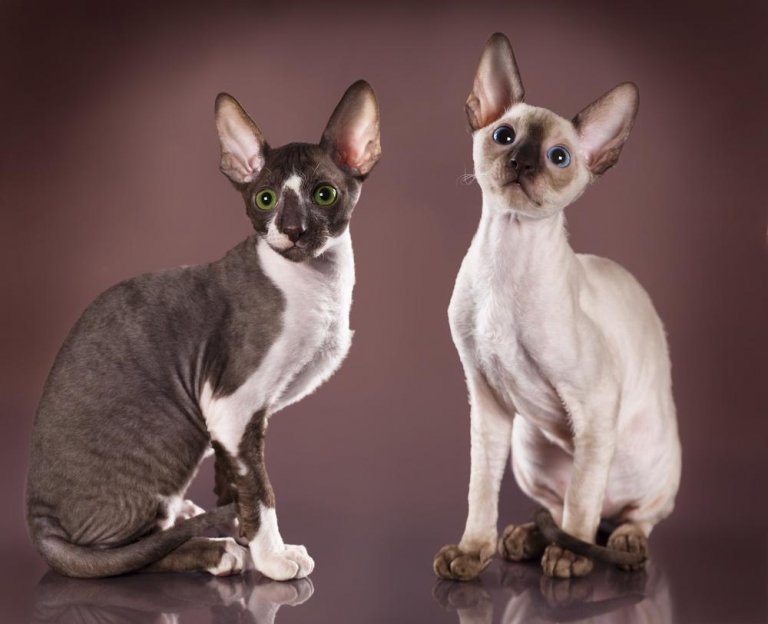
Care
Nutrition
Grooming
Exercise
Health
Cornish Rex cats have no special nutritional needs. We recommend feeding a high-quality diet with real meat as the number one ingredient.
You might think that Cornish Rex cats require minimal care due to their ultra-short coats. It's true that these fascinating felines shed very little, but they require bathing as their coats do not absorb the oils from their skin the same way the average cat's coat does.
Most Cornish Rex cats need a warm bath every week or two. If you choose one of these cats, it's important to introduce them to bathing from a very young age. Their coats dry quickly, but you'll need to keep them warm until they dried completely.
Just like other cats, the Cornish Rex breed benefits from regular dental care with daily teeth brushing at home and annual dental checkups at the vet. Trim their nails every few weeks.
These cats are extremely athletic with long, lithe bodies. They're naturally playful, with an appreciation for running, jumping, and climbing. Treat them to a cat tree, a window seat, and a wide selection of toys. Without these essentials, the Cornish Rex will find their own fun, climbing furniture and stealing small objects to bat about the house.
Cornish Rex cats enjoy good health in general. Skin conditions can develop without proper care and some of these cats are prone to developing bald spots.
Because the coat is very sparse, Cornish Rex can get sunburned if they go outdoors. Keep your Cornish Rex cat indoors in the summer months when sun exposure is most intense or apply a pet-safe sunscreen.
Cornish Rex cats can develop a musculoskeletal disease called patellar luxation. Some are prone to heart disease, with hypertrophic cardiomyopathy (HCM) being a known issue.
Some genetic lines have a predisposition toward deafness, and this condition is more prevalent in pure white Cornish Rex cats than in those with different-colored coats.
History
The Cornish Rex cat breed is the product of a natural genetic mutation. The breed got its start in Cornwall, England, when a barn cat gave birth to an unusual kitten in 1950. The kitten, later named Kallibunker (Kalli for short), had a short, curly, red-and-white coat. His owner, Nina Ennismore, bred him back to his mother twice. Both of the resulting litters contained curly-haired kittens.
Later, feline geneticists discovered that Rex cats are produced only when both parents have the recessive gene. Other breeds were eventually introduced into the breeding program, including Burmese, Siamese, and British Shorthair cats. Even though the resulting kittens had short coats with normal hair, they all carried the recessive gene and subsequent breedings typically produced kittens with the short, curly coats that make these cats so remarkable.
Cornish Rex cats were brought to the United States in 1957. The breed was granted official recognition by the American Cat Fanciers' Association and the Canadian Cat Association in 1963. The Cat Fanciers' Association gave the breed its stamp of approval in 1964. Today, the Cornish Rex has gained worldwide popularity and is recognized by all cat registries.
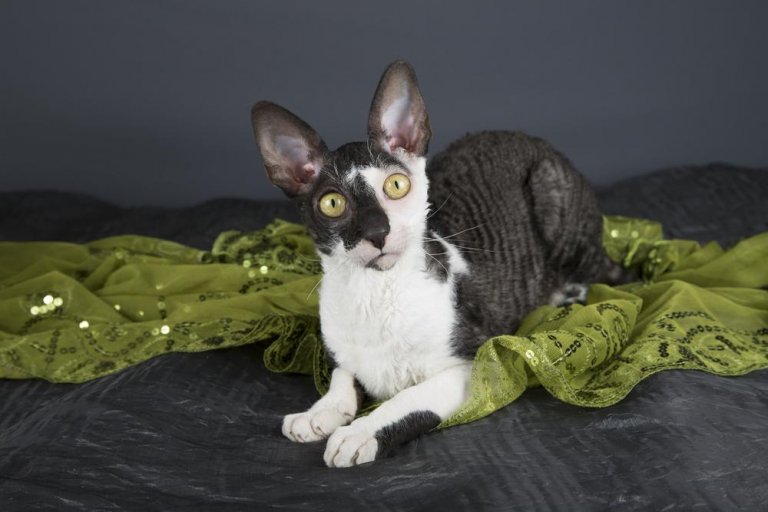
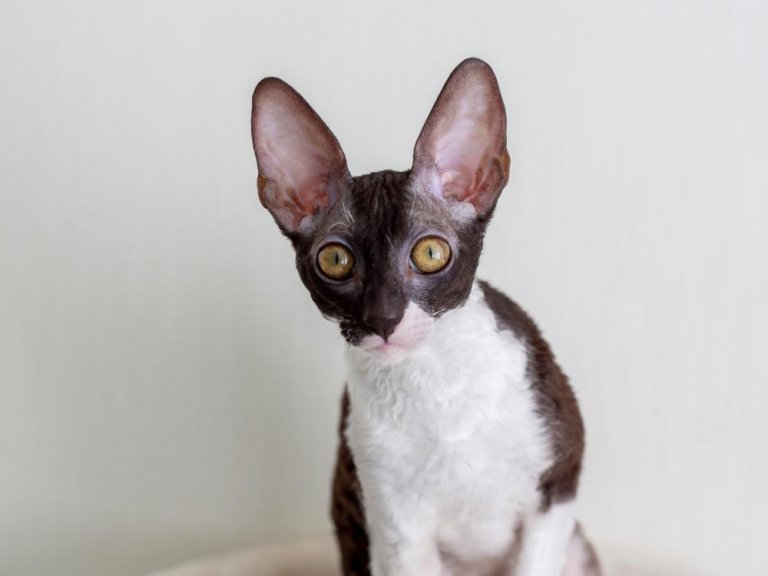
Eyes
Legs & Paws
Tail
The Breed Standard
Body
Head
Ears
Coat
Color
Frequently Asked Questions
How much does a Cornish Rex cat cost?
A pet-quality Cornish Rex kitten usually costs anywhere from $1,000 to $1,500.
How big do Cornish Rex cats get?
Cornish Rex cats are small to medium-sized with a slender frame. A full-grown Cornish Rex cat usually weighs between 5 and 10 pounds on average.
How long do Cornish Rex cats live?
The average life span for Cornish Rex cat is 9 to 13+ years.
Do Cornish Rex cats shed?
Despite common misconceptions, Cornish Rex do shed and they are not considered a hypoallergenic breed. However, because their coat is so short, Cornish Rex cats shed much less than most cats with longer hair.
